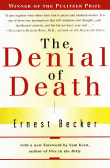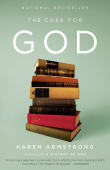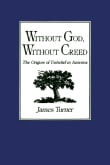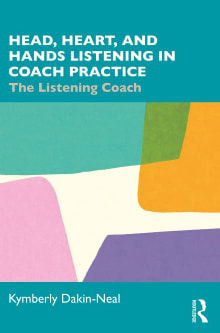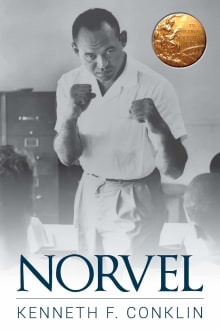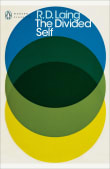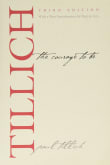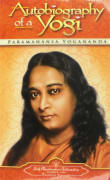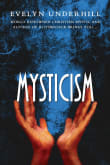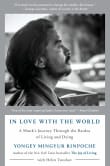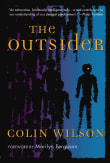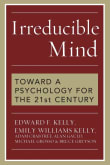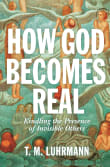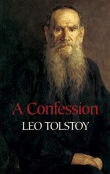The Varieties of Religious Experience
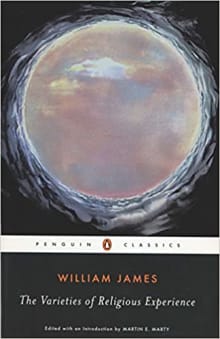
Book description
Standing at the crossroads of psychology and religion, this catalyzing work applied the scientific method to a field abounding in abstract theory. William James believed that individual religious experiences, rather than the precepts of organized religions, were the backbone of the world's religious life. His discussions of conversion, repentance, mysticism…
Why read it?
5 authors picked The Varieties of Religious Experience as one of their favorite books. Why do they recommend it?

This book is full of stories, using case studies that include the lives of Walt Whitman, Saint Augustine, and Russian writer Leo Tolstoy—that I found fascinating. Here psychologist William James challenges what he—and I—were both taught: namely, that religions are primarily childish fantasies (the view of Sigmund Freud, founder of psychoanalysis, in The Future of an Illusion). But after James, as a young man, experienced a terrifying depression, he describes his surprise at what felt to him like a spiritual breakthrough that enabled him to recover. James skips questions about dogma and belief, instead identifies a range of different “varieties…
From Elaine's list on why religion and spirituality are still around.

William James was a great pioneer of American psychology. With his exceptional open-mindedness, he had a very broad notion of what psychology should investigate, including spirituality and paranormal phenomena. The Varieties of Religious Experience is not so much a study of religion in the normal sense but of spiritual and mystical experiences. James’s great insight is that ordinary consciousness is just one type of consciousness, and doesn’t tell us the whole truth about the world. He treats mystical experiences as more intense states of consciousness in which a deeper and fuller reality is revealed. James is a massive inspiration to…
From Steve's list on spiritual psychology.

Taken from his 1901-01 lectures at the University of Edinburgh, this book offers the quintessential psychological study of mysticism and spiritual experiences, identifying commonalities and taking seriously the Reality of the Unseen. A true spiritual illumination, says James, is authoritative, temporary, optimistic, and always verifies union with something larger than the conscious self.
From Sophy's list on spiritual experiences.
If you love The Varieties of Religious Experience...

This is a breakthrough book featuring in-depth, profound testimonials about the meaning, value, and experience of religious and spiritual states. James digs deep in this masterwork to show that religious and spiritual experiences can be life-transforming and extraordinarily valuable to the evolution of both individuals and societies. He also does not shy away from the potential shadow sides of these experiences, and argues in the end that those religious and spiritual experiences that engage the paradoxes of our condition—our smallness and fragility as well as our greatness and capacity for transcendence, appear to be the among the most sustaining and…
From Kirk's list on meaning and purpose of life.

The most famous work by the great American philosopher and psychologist, The Varieties of Religious Experience is anything but a dry chronicle or an exercise in religious propaganda. It’s more a record of a personal intellectual exploration. Though an agnostic himself, James asks us to clear away any preconceptions, favorable or critical, about religion to ponder the link between faith and strength of mind, faith as a critique of modern materialism and a release from egotism, the challenging history of mysticism, and the likelihood that human concepts of God necessarily and rightly evolve over time. Almost disdainful of dogma or…
From John's list on religion in an age of doubt.
If you love The Varieties of Religious Experience...
Want books like The Varieties of Religious Experience?
Our community of 12,000+ authors has personally recommended 100 books like The Varieties of Religious Experience.



